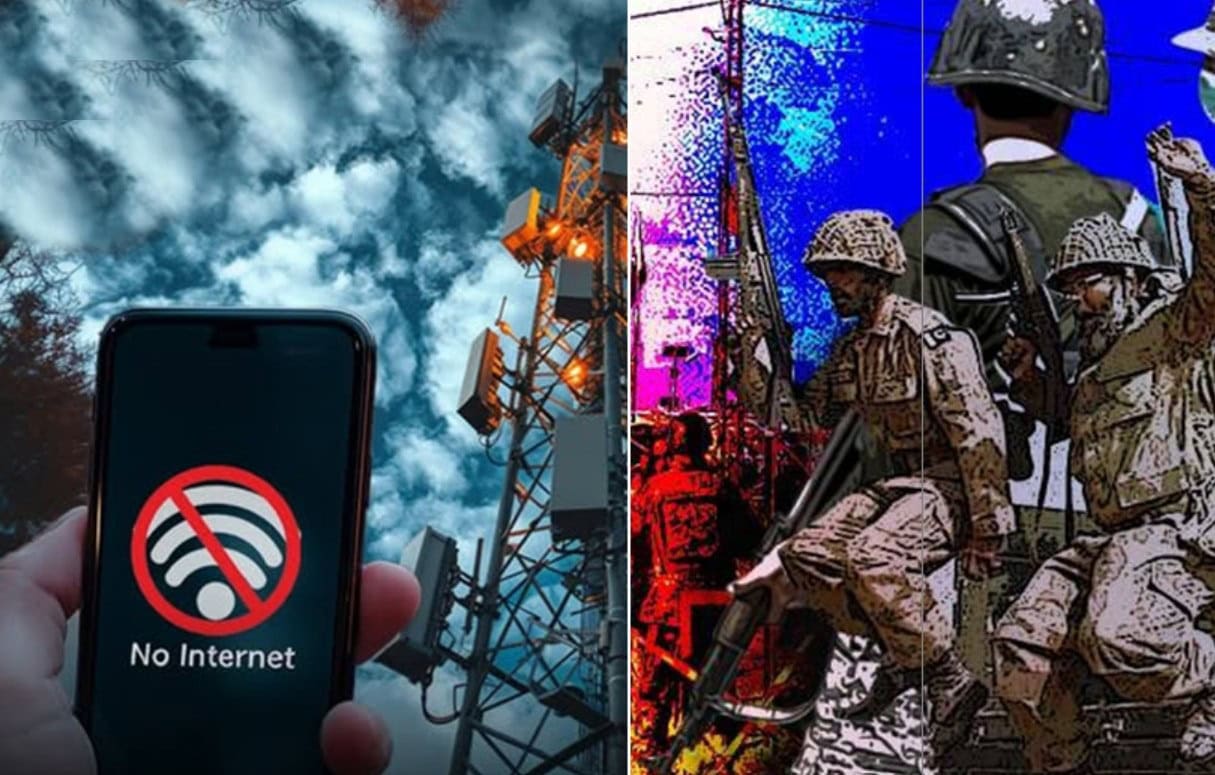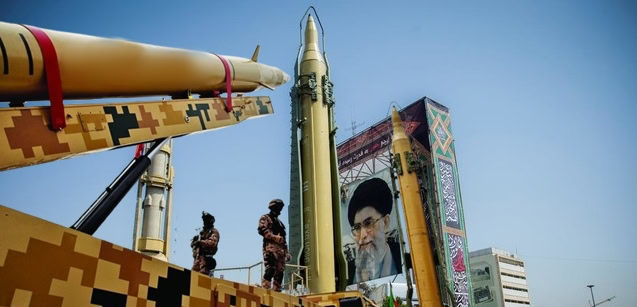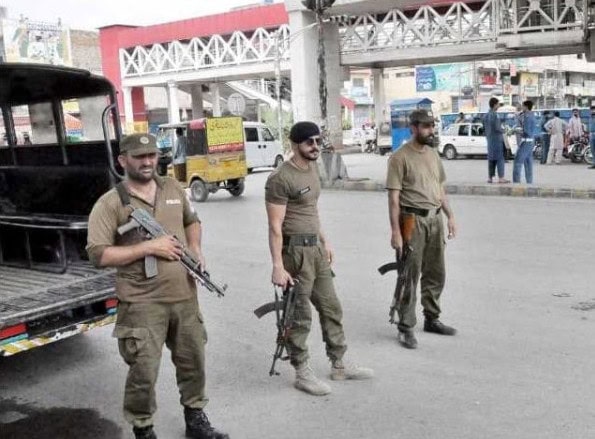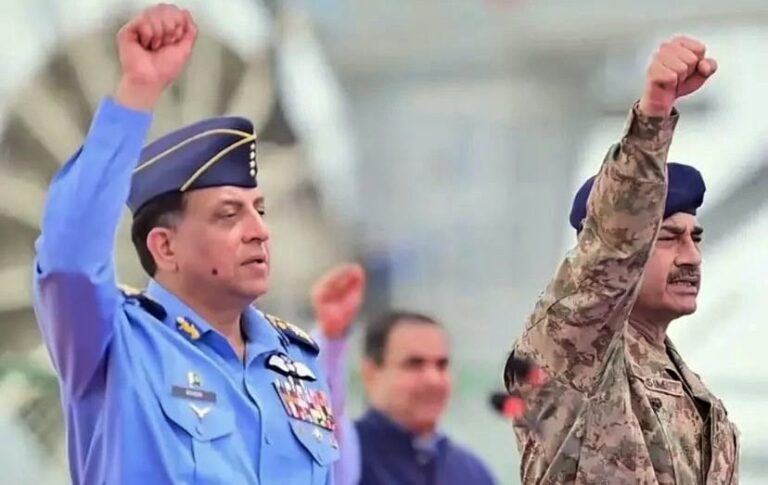
QUETTA – Balochistan government suspended mobile internet services across all 36 districts, a stern step that has left hundreds of thousands of users disconnected.
The digital blackout will continue until November 16, as officials described as a “high-level security threat.”
According to the Home Department, the drastic action was taken after intelligence reports warned of potential unrest and security challenges across several regions. While provincial capital Quetta has officially been exempted from the ban, residents complained that even in the provincial capital, internet signals have been weak or completely unavailable in multiple areas.
Adding to the disruption, Balochistan government also stopped all transport services including taxis, buses, and private vehicles, along Loralai section of National Highway N-70 until November 14. The route, a key connection between southern and northern Balochistan, has come to a standstill, affecting trade, travel, and daily commuting.
Officials insisted that the measures are temporary but essential, citing security concerns and the need to maintain law and order. The ban, however, does not apply to local or intra-city travel, allowing residents to move within their districts for basic needs.
Home Department ordered all district administrations, police, and security agencies to strictly enforce the directives and ensure public safety. Citizens have been urged to avoid unnecessary travel and verify official advisories before attempting to move through restricted routes.
Meanwhile, the situation deepened public anxiety as all educational institutions in Quetta’s cantonment area remain closed from November 12 to 16. Authorities have confirmed the closures are a precautionary measure amid fears of potential unrest. Some government schools outside the cantonment, however, remain open.
The suspension of internet and transport services sparked frustration among citizens, with many expressing concern over the impact on communication, business, and education.
‘Another False Flag’: Eyewitnesses expose India’s Blame Game after Delhi Blast





